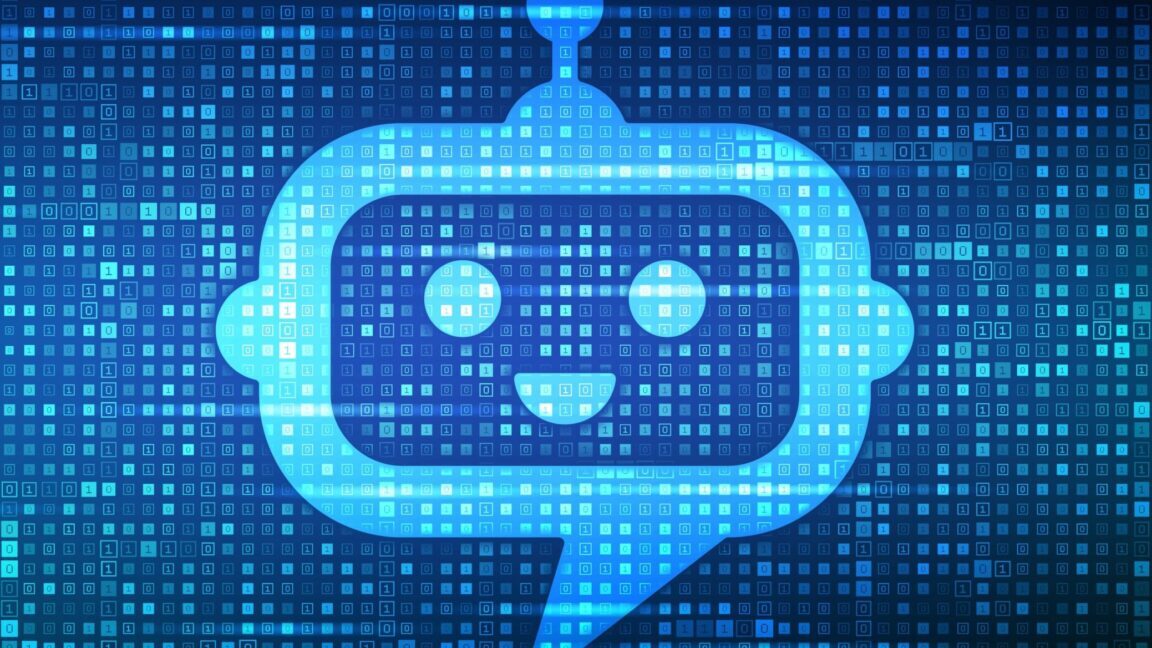The lawsuit says the Hingham High School student handbook did not include a restriction on the use of AI.
“They told us our son cheated on a paper, which is not what happened,” Jennifer Harris told WCVB. “They basically punished him for a rule that doesn’t exist.”
cross-posted from: https://lemmy.zip/post/24633700
Case file: https://storage.courtlistener.com/recap/gov.uscourts.mad.275605/gov.uscourts.mad.275605.8.0.pdf
Case file: https://storage.courtlistener.com/recap/gov.uscourts.mad.275605/gov.uscourts.mad.275605.13.0.pdf



Most of the larger LLMs state the results of the model stemming from the user’s prompt intellectually belong to the user.
It’s a massive grey area, and the sum of these kinds of cases are what will define ownership of LLM output for the next ~50 years.
Don’t get me wrong, kid absolutely did not comply with the spirit of the assignment.
E: @Blue_Morpho@lemmy.world makes an excellent point:
The LLMs can claim whatever they like, it holds no weight or value. They are basically advanced plagiarism engines and the law has already made it clear you cannot copyright the output of an LLM.
This particular case will go nowhere, but there are plenty of legal cases between content creators and AI makers that are slowly moving through the legal system that will go somewhere.
That’s true in this context and often true generally, but it’s not completely true. The Copyright Office has made it clear that the use of AI tools has to be evaluated on a case-by-case basis, to determine if a work is the result of human creativity. Refer to https://www.copyright.gov/ai/ai_policy_guidance.pdf for more details.
For example, they state that the selection and arrangement of AI outputs may be sufficient for a work to be copyrightable. And that’s without doing any post-processing of the AI’s outputs.
They don’t talk about situations like this, but I suspect that, if given a prompt like “Rewrite this paragraph from third person to first person,” where the paragraph in question is copyrighted, the output would maintain the same copyright as the input (particularly if performed faithfully and without hallucinations). Such a revision could be made with non-LLM technology, after all.
So who owns the copyright then? Is the output just public domain?
It doesn’t matter what the LLM license states. Replace the LLM with a person doing exactly what the LLM does and ask yourself if it is plagiarism.
If I do your homework for you and I say, “Because you prompted me with the questions, the answers belong to you.” That isn’t a free ‘get out of plagiarism card’ for you. What I tell you isn’t relevant.
It’s not gray at all.
Edit: that’s weird. I got a personal message but the reply showed up here.
If the student hired someone to write their essay and the author assigned all copyrights to the student, it’s still plagiarism.
Who legally owns the work isn’t the issue with plagiarism.
Who cares what they say to avoid being sued for copyright infringement?